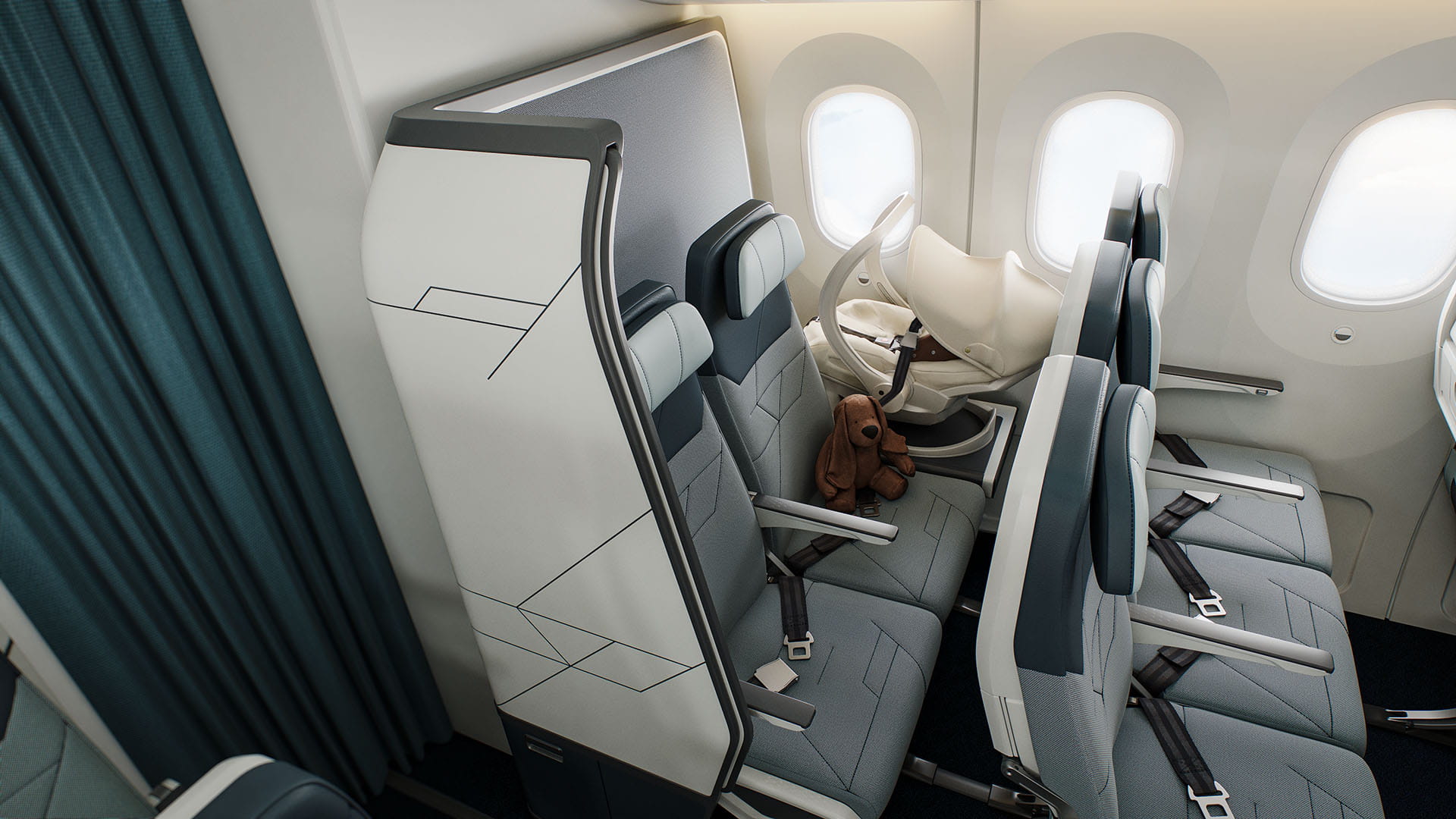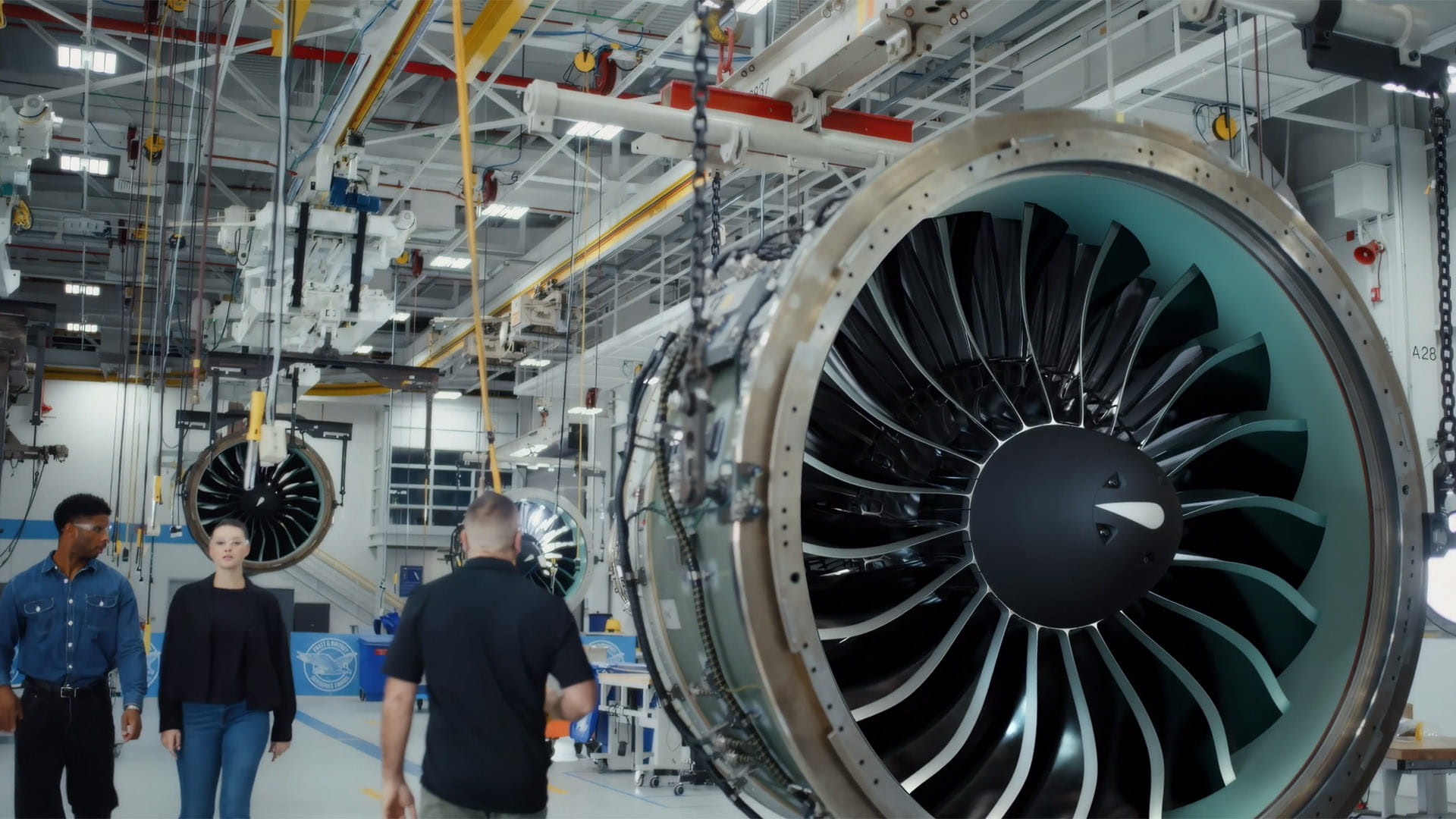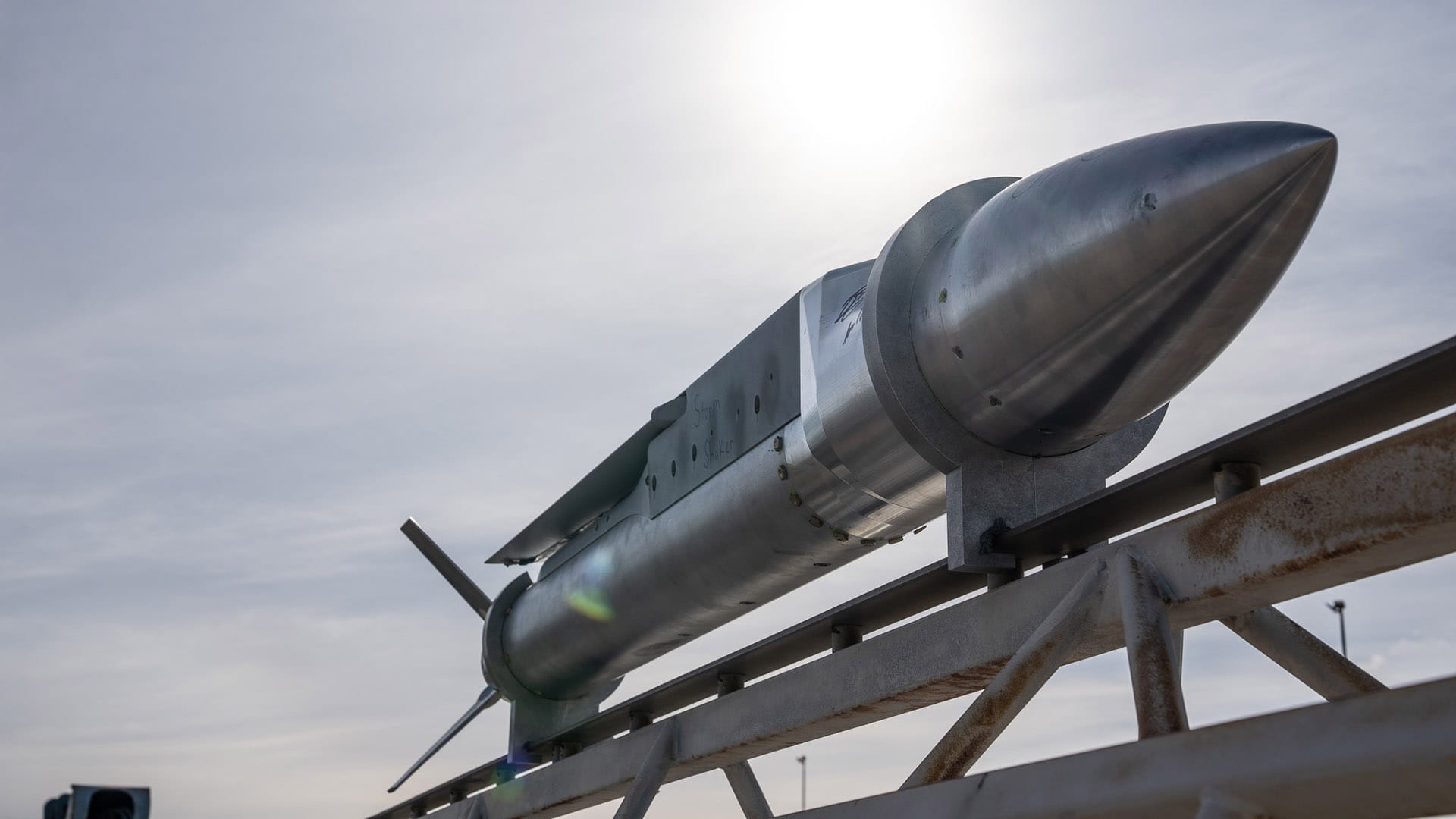
In aviation, AI makes a leap into the cabin
Collins Aerospace systems improve comfort and efficiency in flight
Only he wasn’t asking a person. He was asking galley.ai, a virtual assistant designed by Collins Aerospace, an RTX business, to streamline tasks in the plane’s food-and-drink service area – one of the busiest parts of any commercial aircraft. And he was asking as part of a demonstration for a panel of Crystal Cabin Award judges, who every year recognize innovations that make flight more convenient, comfortable or otherwise better for passengers.
In seconds, the virtual assistant answered: The cookies were in bin 15A – saving D’Orlando the trouble of rifling through the dozen or so heavy, metallic bins stacked along the galley walls. The benefits were threefold: Passengers would get their packets of cookies that much sooner, flight crew could work with lower risk of injury – fewer bins to lift, less likelihood someone would leave one unlatched – and the system would record the activity in a real-time digital inventory, rather than the traditional paper version.
In short, it’s a virtual crew member whose job is to know, well, just about everything in the galley.
“Imagine if you had a friend standing next to you keeping notes and track of what you’re doing, so when you’re like, ‘Oh man, where did I put those plates?’ Your friend says, ‘I wrote that you put them in 15A,’” said D’Orlando, who leads engineering for Collins’ applied technology and labs. “It’s just another set of eyes you add to the aircraft.”
The capability, which earned Collins’ Interiors business a 2025 Crystal Cabin award, is powered by artificial intelligence developed over 20 years at the RTX Technology Research Center. That facility, in East Hartford, Connecticut, is the company’s R&D hub, where scientists and engineers advance technologies to benefit all three RTX businesses.
How does it work?

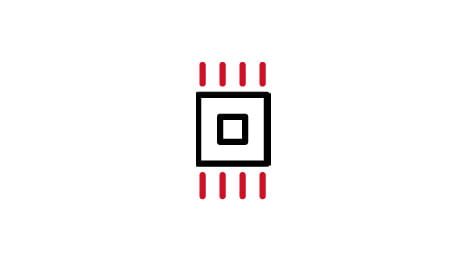
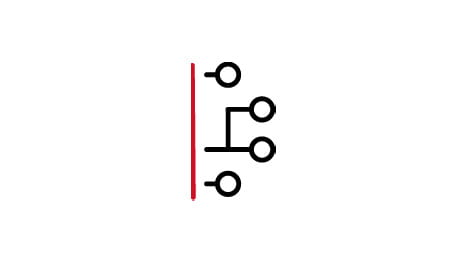
For example, Collins is using similar artificial intelligence and sensor technology to design a system called InteliSence™ that can adjust overhead lighting automatically and tell cabin crew to refill drinks based on what passengers are doing. Its sensors, which are built into seats and not visible to the passenger, form a network that allows a computer to send alerts to crew members in real time. InteliSence won a Crystal Cabin Award in 2023 for its potential to improve passenger comfort and crew efficiency.
Sensors in the seat could work with the artificial intelligence software to detect plates and glasses, which would allow crew members to proactively clear plates or offer another drink. InteliSence could also tell crew members if tray tables are properly stowed, which would speed takeoff and landing preparations.

Collins Aerospace created galley.ai to be a virtual assistant for the plane’s food-and-drink service area – one of the busiest parts of any commercial aircraft. It can help crew keep a real-time, digital inventory, improve passenger experience and avoid potential safety hazards like unlatched bins.
D’Orlando joined Collins’ Interiors team in 2024 after more than a decade in other areas of RTX. When he took that position, he was impressed by how the Interiors unit had been working with the research center to take ideas developed for defense or other industries and apply them to commercial airline products, improving their performance or reducing their cost or weight.
And that, he said, is a key advantage to working at RTX.
“Nowhere else in the market do you have a company who makes galleys partnered with a company who makes military defense products but then also have this research center that stitches the foundational technologies together,” D’Orlando said. “It’s a major discriminator that we have not just access to the technology but the expertise to bring value to the business. That’s what I like about this company.”
galley.ai and InteliSence have a few years of development and certification before they’re ready for flight. In the meantime, the team is also exploring more ways to use artificial intelligence.
To D’Orlando, who earned his computer engineering degree around the same time cellphones gave way to smartphones, the recent advancements in image processing are following a similar path – and they have similar potential.
“That was like science fiction. It was hard to imagine how different life could be with smartphones. In the same way, it was a surprise what AI could do and where we can see it going now,” he said, “but there’s applications you can’t even see yet. I’m so excited for another decade from now to see innovations that nobody’s even thought of – you’re going to see that start to emerge, and it’s mind-blowing.”

